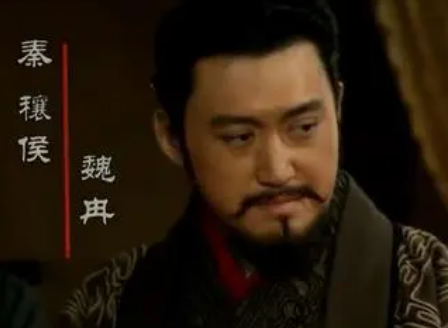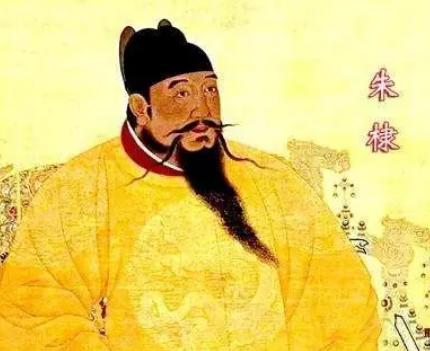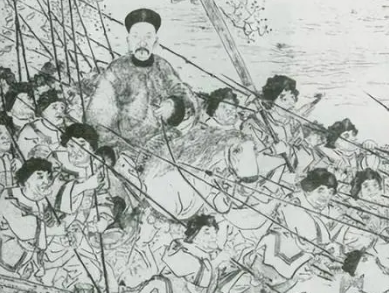During the Three Kingdoms period, Zhu Geliang, the chancellor of Shu Han, was an outstanding politician, militarist and strategist. However, after his death, a puzzling incident occurred - his colleague Li Mi falsely accused Zhu Geliang of treason. What motives and historical backgrounds lie behind this act? This article will explore the reasons for this historical event and its implications for future generations.

I. Zhu Geliang's Political Status
Zhu Geliang played a pivotal role in Shu Han. He was not only an important advisor to Liu Bei but also a minister assisting the young emperor Liu Chan. Under his guidance, the Shu Han regime stabilized, and its national strength was strengthened. However, this concentration of power also laid the groundwork for his unhappy fate after his death.
II. Li Mi's Background and Motives
Li Mi was an official of Shu Han, but his ambition and talent were not fully realized. During Zhu Geliang's lifetime, his brilliance overshadowed other officials, limiting their political aspirations. After Zhu Geliang's death, Li Mi, motivated by personal political ambition or influenced by others, decided to clear the political obstacles by falsely accusing Zhu Geliang, hoping to gain higher power.
III. The Cruelty of Political Struggle
Li Mi's behavior reflects the complexity and cruelty of ancient officialdom. In the game of power, resorting to any means to rise personally and suppress rivals is not uncommon. Although Zhu Geliang had passed away, his influence still existed. By falsely accusing him, Li Mi may have tried to weaken the influence of the Zhu family in the court, seeking greater benefits for himself or the forces behind him.
IV. Handling and Impact of the Incident
According to historical records, Li Mi's false accusation did not succeed but was exposed and punished. Although this incident is only briefly mentioned in history, it reveals the ruthlessness of political struggles and the decline of morality. At the same time, it also reflects the instability of the political environment and the intensification of internal conflicts in the later period of Shu Han.
Conclusion:
Although the incident of Li Mi falsely accusing Zhu Geliang is a minor episode, it reflects the complex political situation and the dark side of human nature during the Three Kingdoms period. This event teaches us that even behind the glowing historical figures, there may be hidden power struggles and weaknesses of human nature. Through the analysis of this event, we can gain a deeper understanding of the complexity of history and the danger of power corruption in any era.
Disclaimer: The above content is sourced from the internet and the copyright belongs to the original author. If there is any infringement of your original copyright, please inform us and we will delete the relevant content as soon as possible.































